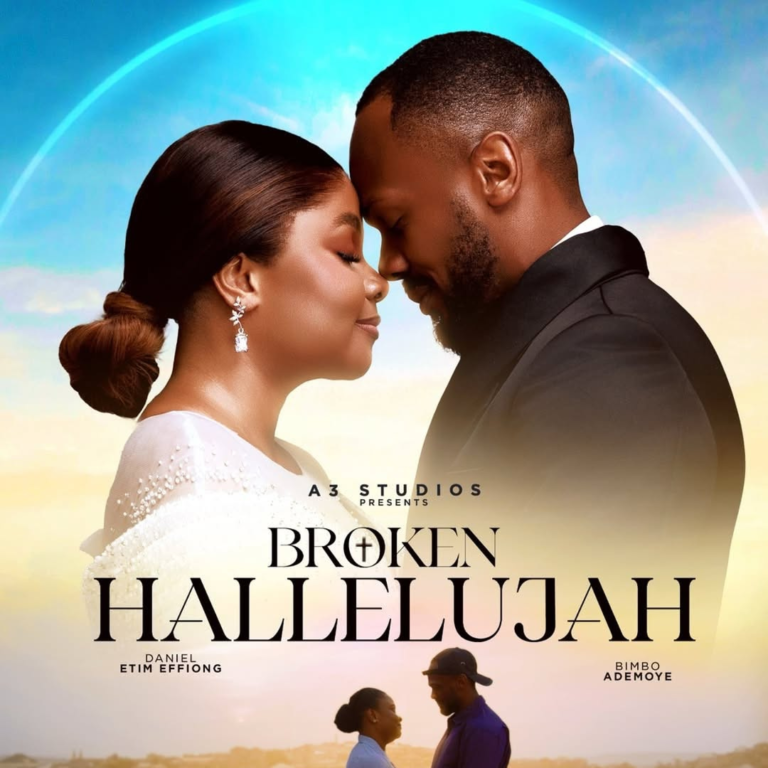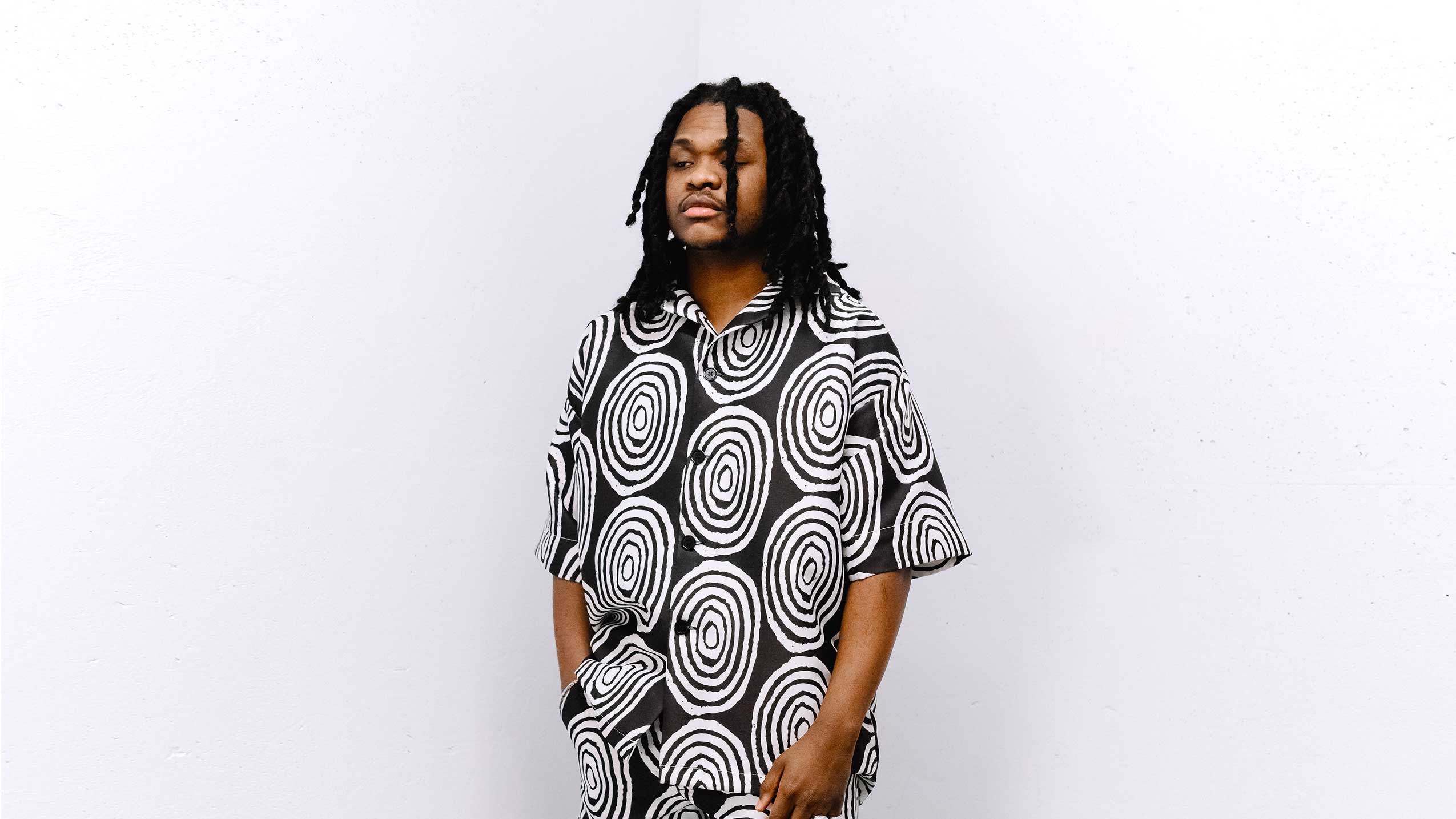A record label’s place and role in music can never be kicked to the curb. Especially in these times when you need a good platform to succeed, record labels that nurtured the Afrobeats movement deserve recognition.
At the dawn of Afrobeats in 1991, before anybody with a heavy purse (whether they know the business or not) could set up an office and say their record label was open, it was just a few heads running the operational side of the music around here. Before the indigenous labels that focused on contemporary pop music in Naija, Western labels held tight to the helm of the business throughout the 20th century. Independent labels were nonexistent until, at least, 1990.
A few music labels ran the Nigerian music scene from the ’60s till the tail end of the 1980s. One of them is Premier Records, which provided space for music journalist, Dean Disi to occupy leadership positions. Disi’s time as general manager ushered in Segun Arinze, Ras Kimono, Evi-Edna, Charly Boy, Edmund Spice, Junior & Pretty and more, into the Nigerian entertainment scene.
When Junior & Pretty emerged from Ajegunle with their funny style of Pidgin English rap, it was just young people making hip music in the most expressive way they could. The music wasn’t called “Afrobeats” yet. It was simply “Nigerian music”.
In 1991 Junior and Pretty was signed to kickstart Storm Records. After Obi Asika, its founder and chief executive officer, had gathered some expertise in DJing, radio programmes and events promotion, with valuable music business experience from his days at the University of Warwick, his move into the Nigerian music scene was inevitable.
Under him, Junior & Pretty made the Fufu Flavour album which included their popular hits Monica and Bolanle, years before Afrobeats became official.
If there’s an unpopular yet essential consensus we have to come to, Junior & Pretty is the very first Afrobeats act.
Storm Records, on the one hand, didn’t get a breakthrough until around 1998, when it evolved from just a clique movement into an actual music label, now known as Storm 360.
Lanre “eLDee” Dabiri’s Trybe Records arrived in 1998 too. It kicked off as Trybesmen, a movement of three rappers named eLDee, Freestyle tha Shogun and Kaboom. They met in Lagos in 1994 and put out their first album, L.A.G. Style, in 1999. Then they had hits like Trybal Marks and Shake Bodi. Primarily hip-hop in style and fashion, their approach blended smoothly with Afrobeats.
After the Trybesmen broke up in 2004, eLDee kept his label running while releasing solo projects. Trybe Records housed 23 artists between 1998 and 2011, including 2Shotz, Dr. Sid (pre-Mo’Hits Records), Niyola, Lequse, Sheyman, K9, Aramide, Eva Alordiah, Sojay, Sarz and Sasha P, who later signed to Storm Records.
The music Trybe Records put out laid the foundation for what we now recognise as the Afro Hip-Hop sound in Nigeria, making its mark in the development of Afrobeats before it was acquired by Iman Entertainment in 2011.
But back in 1998, Kehinde Ogungbe (Keke) and Dayo Adeneye (D1) returned from Hollywood to open Kennis Music, after hosting “AIT Jamz” on African Independent Television for some time. They signed The Remedies a year after — a trio of Eedris Abdulkareem, Eddy Montana and Tony Tetuila. Their 1999 debut hit single, Shakomo, is evergreen — a simple party single recorded on the instrumental of MC Lyte’s Keep On Keeping On.
Nigerian contemporary music was now called “Naija Music”.
One day in 2000, Tony Tetuila left the group, and the three men had a beef that dragged into 2002. They exchanged diss tracks like Tetuila’s Omode Meta N Sere, which became a hit and introduced us to Tuface. The two-man Remedies responded with Jealousy, featuring Pasuma. The beef later became focused on Tony and Eedris.
Tony went after Eedris in his monster hit, My Car. Not one to swallow insults and jabs, Eedris fired back with a smash hit, Oko Omoge, that had us screaming the line, “One leg up, one leg up”, a subtle diss at Tony, who limps while walking. All this happened while they were still signed to Kennis Music, who benefited from one of the most significant controversies in Nigerian music.
In 1999, a fellow label signee, Paul Play, released his first and second albums, Dairo Music Foundation Project 1 and Paul I.K. Dairo Project 2 before he left Kennis Music. The label’s roster boasted Blackface, Marvelous Benji, Rasqie, Azadus, Olu Maintain, Kelly Handsome and Joel Amadi, who put out the last album from Kennis Music in 2015.
Kennis Music remains the Nigerian music label with the most albums — 75.
An account of the labels that platformed Afrobeats in its early stage isn’t complete without Nelson Brown’s Dove Records, home to Plantashun Boiz and their debut album, Body and Soul, in 2000. The body of work gave us hits like You and I, Don’t You Know, Knoff Off and Ememma. 30+ people will see these song titles and jump for joy with hearty remembrance. Sold Out was the second album they put out before their first breakup in 2004. 2Face signed to Kennis and released his debut and sophomore albums. Three years later, a Plantashun Boiz reunion happened, and they released Plan B under Plantashun Entertainment Limited Management.
During Storm 360’s run, Darey Art-Alade made his classic ballad, Not the Girl, in 2009, and R&B music was pushed to the forefront. The radios regularly played songs by Storm artists like G.T. the Guitar Man, Ms Jaie, Tosin Martin and Jazzman Olofin (Mr. Funky). The label also created space for hybrid artists like 2Shotz, Sasha P, General Pype, Ikechukwu and LOS. Banky W too, before he moved on to start his own imprint.
Then there was Question Mark, operated by Kevin Luciano-Gabriel (ex-MTV staff) alongside Gbenga Shokefun (former manager of girl group, Kush). The record label launched in 2005 with Nnenna and Modenine, who had the classic cult song Cry together. Question Mark had Cobhams Asuquo as its in-house producer from 2005 to 2006. Asa was signed, released Eye Abada and left without giving them an album.
Q. Mark’s artist lineup also consisted of Street Monk, Silver Saddih, Harry Songz and Safarie. When the label put out the music video for its all-star anthem, Street Life, it was on the MTV Chart and set the standard for Nigerian music videos with great set, camera and overall production quality.
Mo’Hits Records was the rave of the moment from when it launched in 2005 till it crashed in 2012. After leaving JJC’s 419 Squad in the U.K., music duo Don Jazzy (producer) and D’Banj (singer), returned to Nigeria and founded Mo’Hits with funds from D’Banj’s mum. They released the No Long Thing album in 2005, and D’banj was named The Most Promising Male Act at the Kora Awards and given a Channel O Music Video Award for Tongolo. In 2006, he followed up with RunDown Funk U Up and the monster hit, Why Me.
As the label grew, signings surged, and in came Wande Coal, who changed Nigerian pop music forever with his hit-stacked Mushin 2 Mo’Hits debut album. Dr. SID joined them officially in 2007 and had hits like Something About You, Winchi Winchi and Over the Moon. D’Prince dropped a handful of popular songs like Omoba, Goodybag and Banana. And K-Switch brought the “Ajebutter that knows the street” sound.
From 2010 to 2013, guys like Wizkid, Ice Prince, Davido, Burna Boy and Yemi Alade were new hot kids on the block from record labels like Empire Mates Entertainment, Chocolate City, HKN Music, Aristokrat Records and Effizy Entertainment.
Around the end chapter of Mo’Hits, what used to be known as Naija music had become Afrobeats and gained global popularity. The label would soon morph into Mavin Records, currently one of the biggest in Nigeria. Mavin presented us with Tiwa Savage and a back-to-back line up of breakout stars — from Di’Ja, Reekado Banks and Korede Bello to Rema, Ayra Starr and most recently, Lifesize Teddy.
Since the 90s, Afrobeats has transcended into international music collaborations, foreign shows and awards, global festival stages, stadium performances and cultural diversity. We owe these laudable feats to the groundwork of the early pushers of Afrobeats, who built business models and laid down the structure for the sustenance and monetisation of Nigeria’s musical talents.
To celebrate this great legacy, Spotify Africa is throwing the hottest Afrobeats party in Lagos on October 13, 2023. And Zikoko will give away tickets at the end of the week!




